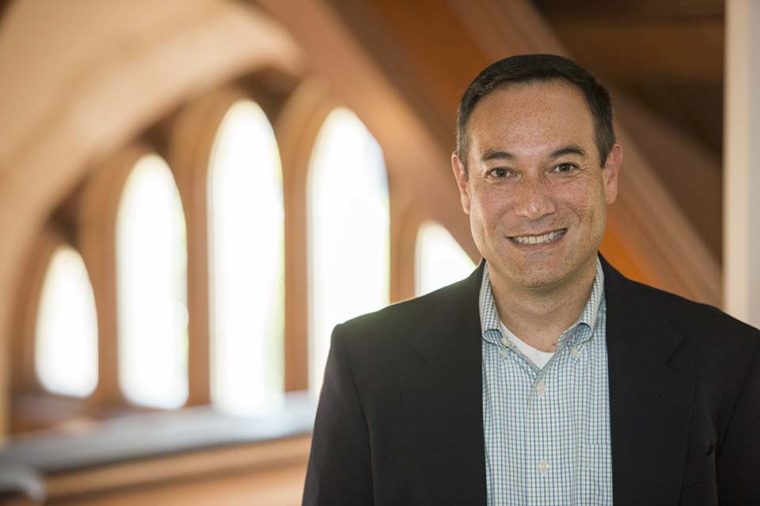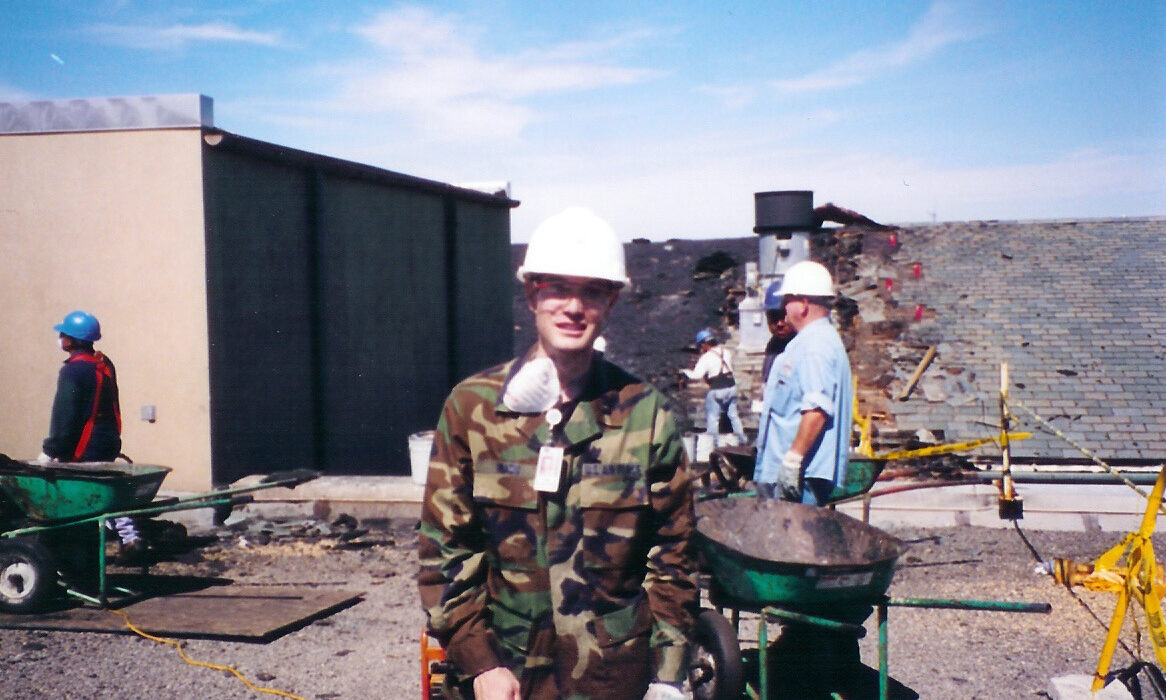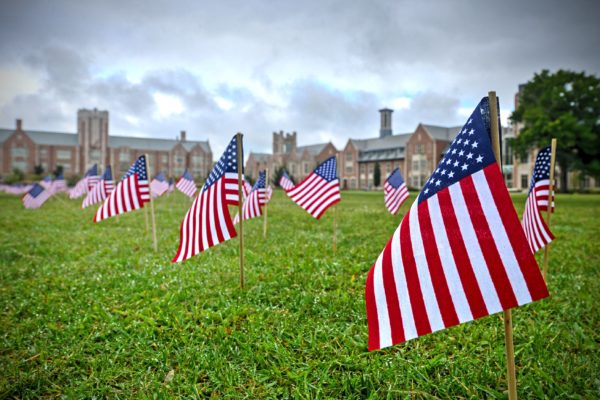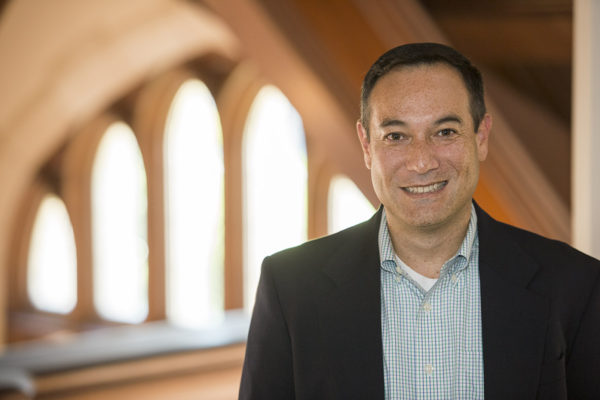John Inazu, the Sally D. Danforth Distinguished Professor of Law and Religion at Washington University in St. Louis, was working in the Pentagon on Sept. 11, 2001, when a plane crashed into the building. Here, he reflects on the day and what it means to him now.
“I was working in my Pentagon office, a year into my first job out of law school in the Office of the Air Force General Counsel. My paralegal told us the news of the first plane in New York, and we all thought ‘terrible accident.’ When we heard about the second plane, we knew it was a coordinated attack, and we knew we were a likely target. I went back to my desk and called my parents and then said a prayer and went back to work. I heard the plane overhead, very close and very loud, and my only thought, weirdly, was ‘the building has five sides, so there’s at this point a 1 in 5 chance.’
“The plane hit the other side of the building, and I heard nothing of the impact, just silence. Then after a while, we saw smoke and heard people screaming and knew we had to get out of the building quickly.”

“We were ordered back to work the next morning, with the building still on fire. The following day, I attended a prayer service where an Army general spoke — he had been at a meeting across the river when the plane hit but had lost everyone in his office. That Saturday, I was on the roof of the building — the contractors doing emergency repairs didn’t have the right security clearances, so a few of us had to be up there with them. From our spot on the roof, we looked down on the massive area of impact. I recall the next few days being especially difficult, as we tried to process what had happened in New York and Pennsylvania while also quickly adjusting to enhanced security and new work responsibilities.
“These days, I think most about 9/11 when I’m talking with students about how to balance their professionalism with their humanity. I want my law students to be great lawyers who can handle unexpected challenges, complex emotions and difficult issues. Sometimes professionals have to keep working even when things go unexpectedly haywire. Sometimes, but not always. We’re training to be lawyers, not first responders. So, we try our best, muddle our way through and try to have grace for one another along the way.”



